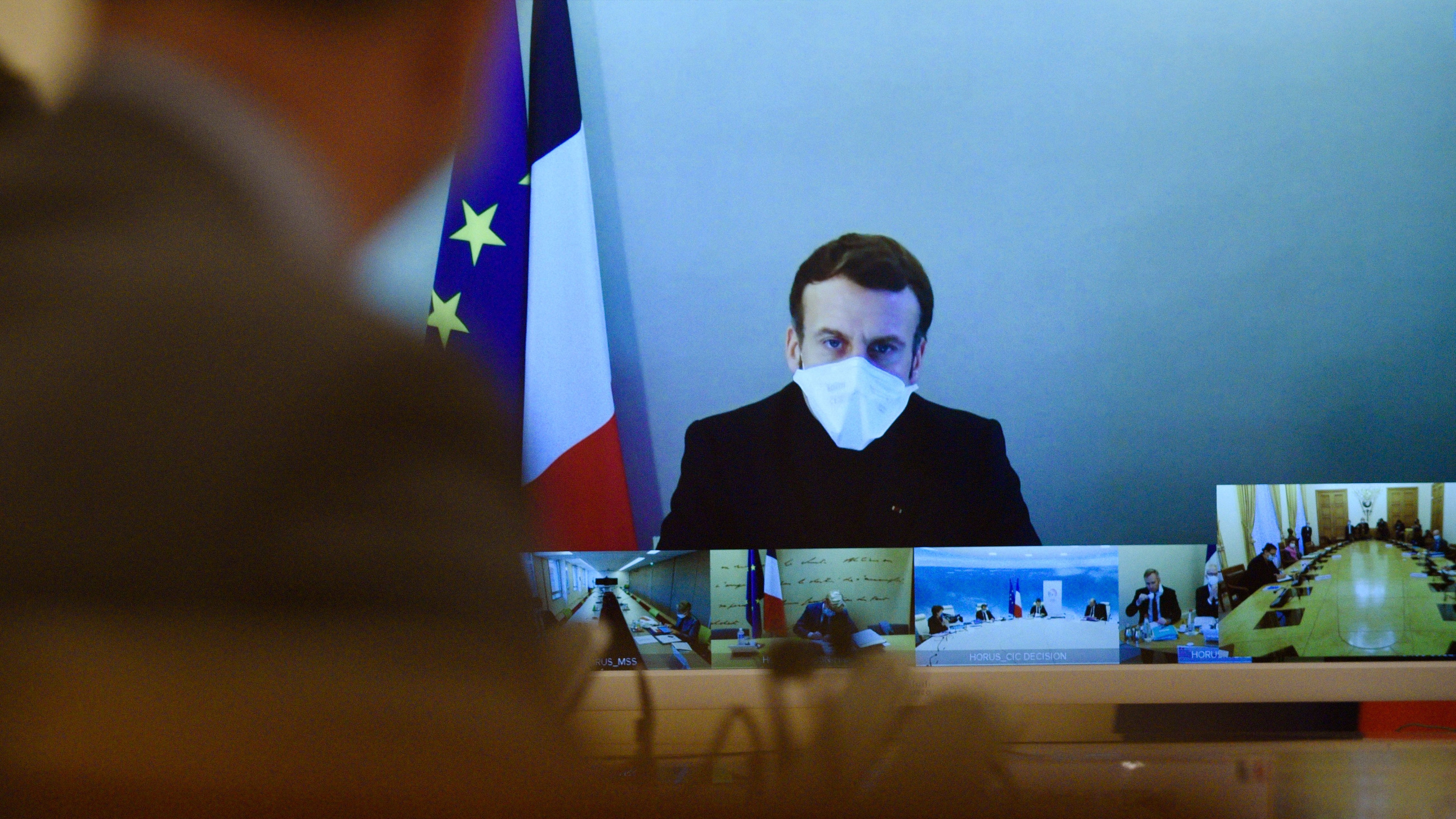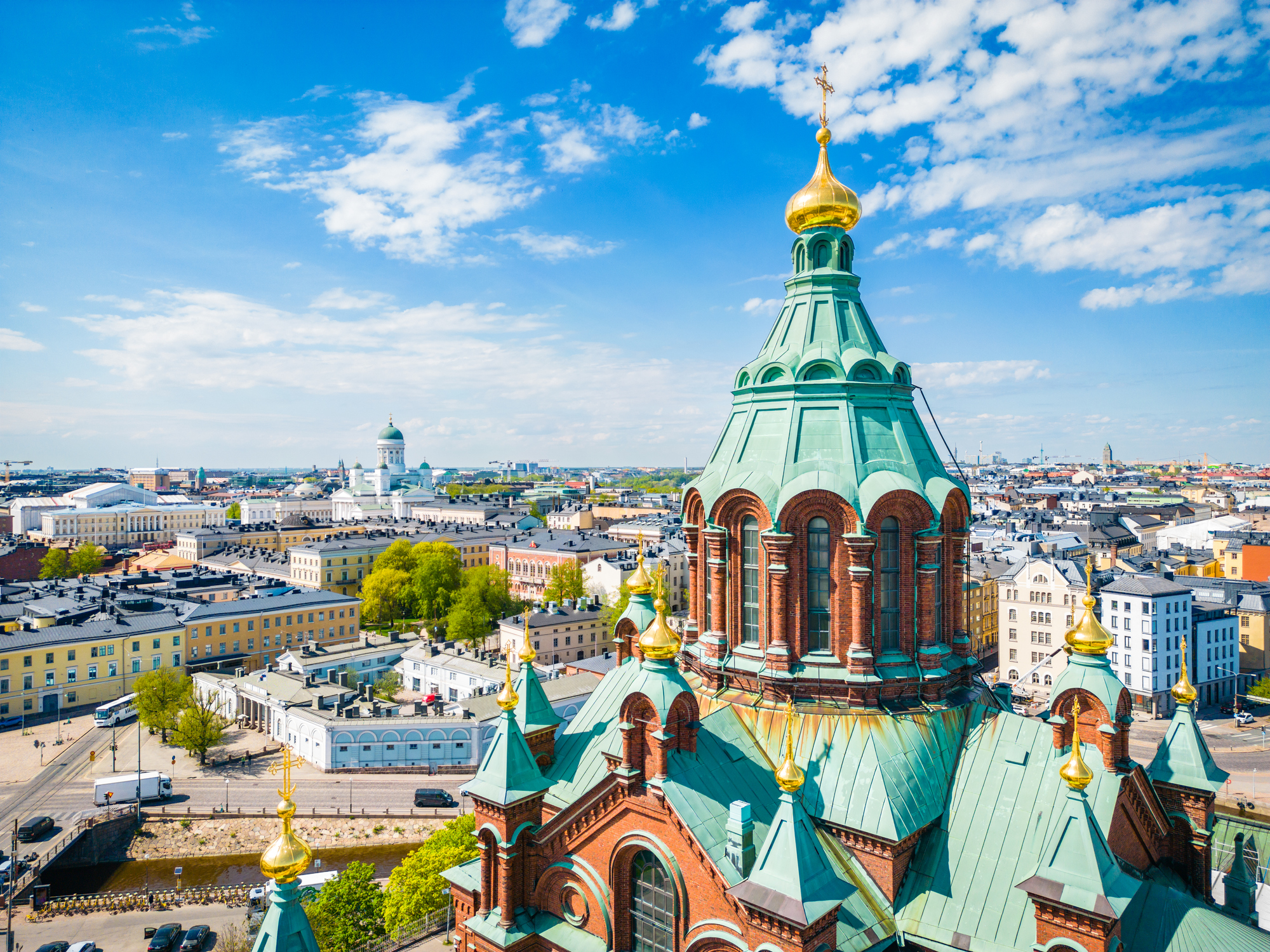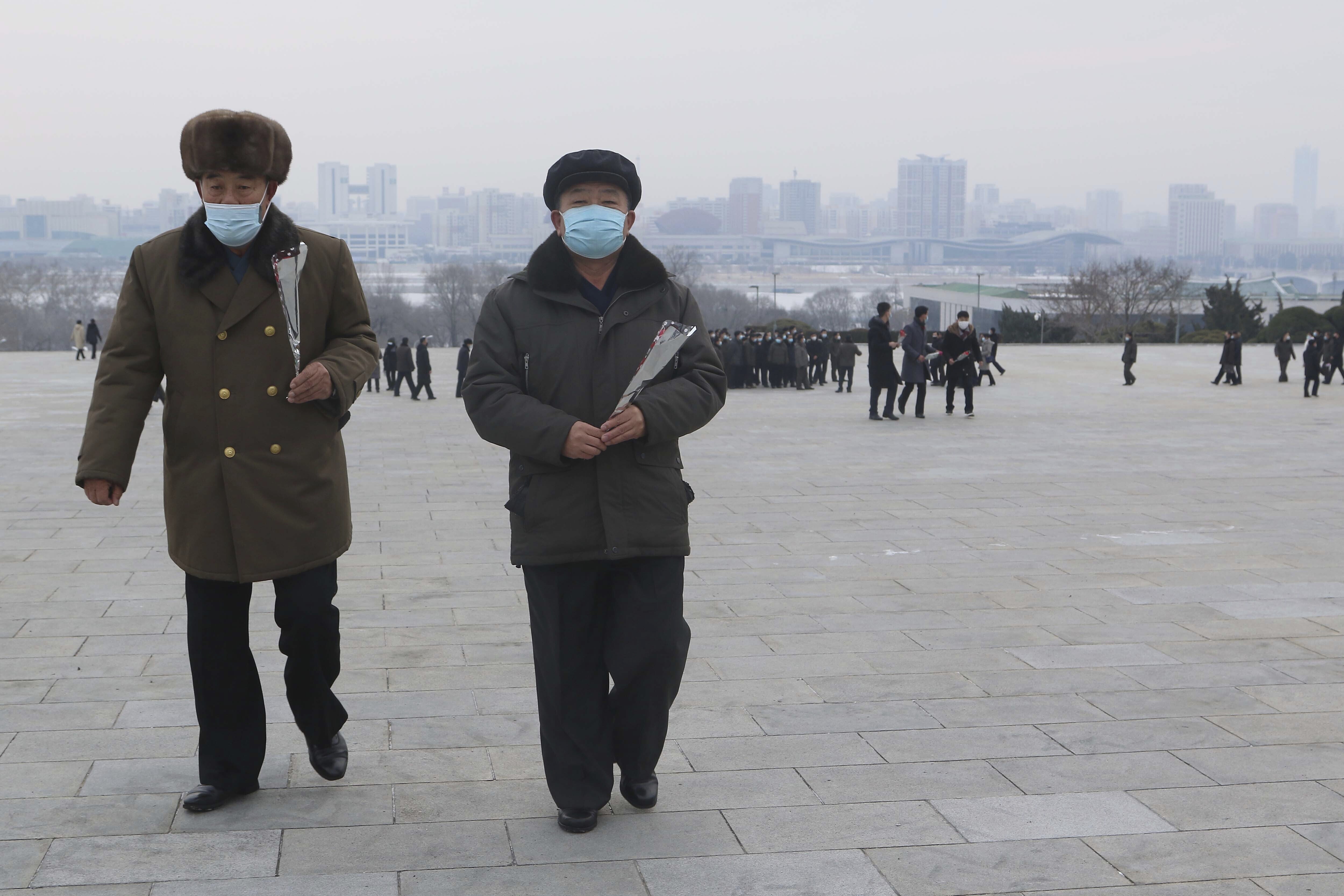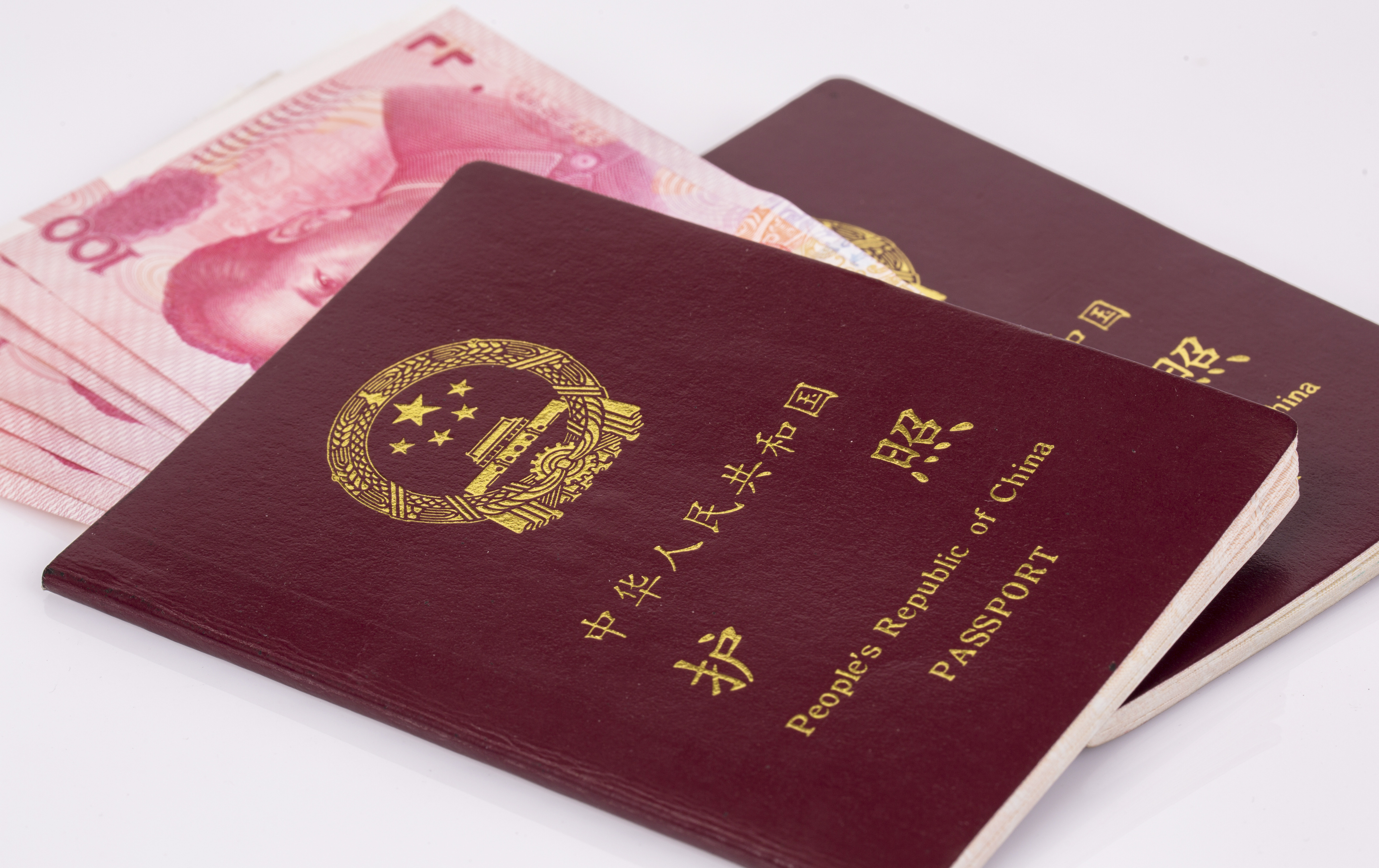‘Travel bans aren’t an effective response to the new Covid variant’
Your digest of analysis and commentary from the British and international press

- 1. Travel bans aren’t an effective response to the new Covid variant
- 2. Let’s face it: the virus is in control, not us
- 3. Do our politicians realise what ‘cancelling Christmas’ means for many of us?
- 4. We are in a race against time – we must change our vaccine policy now
- 5. Will Trump Force Principled Conservatives to Start Their Own Party? I Hope So
A free daily email with the biggest news stories of the day – and the best features from TheWeek.com
You are now subscribed
Your newsletter sign-up was successful
1. Travel bans aren’t an effective response to the new Covid variant
Angela Rasmussen in The Guardian
on the closure of Calais
“Rather than harsh and largely ineffective travel bans, we should instead focus on encouraging compliance with proven interventions such as masking, distancing, avoiding crowds and enclosed spaces, avoiding gathering outside of one’s household or quarantine pod, and practising good hand hygiene. By emphasising the additive nature of risk reduction, transmission can be reduced in a way that empowers people with the information to make good decisions to protect themselves and their families. Though we do not yet know for sure whether or not B.1.1.7 is substantially more transmissible, we do know that the pandemic is out of control throughout most of the world. We must balance scientific uncertainty with sensible approaches that we already know are effective at reducing community transmission, regardless of what we learn about B.1.1.7.”
The Week
Escape your echo chamber. Get the facts behind the news, plus analysis from multiple perspectives.

Sign up for The Week's Free Newsletters
From our morning news briefing to a weekly Good News Newsletter, get the best of The Week delivered directly to your inbox.
From our morning news briefing to a weekly Good News Newsletter, get the best of The Week delivered directly to your inbox.
2. Let’s face it: the virus is in control, not us
Daniel Finkelstein in The Times
on a spike in infections
“From time to time I’ve been annoyed at the assumption that our Covid response has been a disaster and that we are the worst in the world. The judgment that we were the worst affected in Europe was premature (some other countries are doing worse) and the feeling that every other country (Sweden, Germany, China, take your pick) is run by geniuses and we are dolts is unfair, as anyone reading German accounts of their vaccine problems will be aware. It was striking that the assumption was being made that a combination of poor British diplomacy and maladroit Downing Street communication was responsible for the French lorry ban. The fact that superior British capability of identifying the new strain might have been involved was rarely mentioned. Yet such sympathy as I might have when unfair attacks are made dissolves when the government makes implausible claims about its achievements or about how quickly the virus will be defeated. It is the virus that is ahead of the curve, not us; the virus that is world-beating, not the government.”
A free daily email with the biggest news stories of the day – and the best features from TheWeek.com
3. Do our politicians realise what ‘cancelling Christmas’ means for many of us?
Emma Revell in The Daily Telegraph
on a very bleak winter
“No one can deny politicians have had to make some difficult decisions this year but throughout the pandemic it has been hard to shake the feeling the government have based their decision-making on the idea that people live in family groups and in decent accommodation. For single people or couples living apart, coronavirus restrictions have limited interactions, outlawed sex, and torn relationships apart. For those living in sub-standard accommodation, ‘work from home if you can’ has meant back-breaking hours on kitchen chairs or working from the bedroom floor. To allow household mixing on Christmas Day alone denies millions the chance to see their families at the most important time of year. But it doesn’t do to dwell on what might have been, I’ve got Christmas dinner to cook for two housemates. Wish me luck, and if anyone has any tips to avoid a calamity with the trimmings, I’m open to suggestions!”
4. We are in a race against time – we must change our vaccine policy now
Tony Blair in The Independent
on slowing the spread
“We should consider using all the available doses in January as first doses, that is, not keeping back half for second doses. Then, as more production is rolled out, we will have enough for the second dose. Thirty million Johnson and Johnson vaccines – which is a one-dose vaccine – should also be with us by end of January. We should aim to use them all in February. We should continue to prioritise frontline health staff and the most vulnerable, but let this not hold up vaccinating others. The aim should be to vaccinate as many people as possible in the coming months. The logic behind age is naturally heightened risk of mortality. But if it is the spread we’re anxious about, then it makes sense to consider vaccinating those doing the spreading, in particular certain occupations or age groups such as students.”
5. Will Trump Force Principled Conservatives to Start Their Own Party? I Hope So
Thomas L. Friedman in The New York Times
on the future of the GOP
“As the Trump presidency heads into the sunset, kicking and screaming, one of the most important questions that will shape American politics at the local, state and national levels is this: Can Donald Trump maintain his iron grip over the Republican Party when he is out of office? This is what we know for sure: He damn well intends to try and is amassing a pile of cash to do so. And here is what I predict: If Trump keeps delegitimizing Joe Biden’s presidency and demanding loyalty for his extreme behavior, the G.O.P. could fully fracture — splitting between principled Republicans and unprincipled Republicans. Trump then might have done America the greatest favor possible: stimulating the birth of a new principled conservative party. Santa, if you’re listening, that’s what I want for Christmas!”
-
 ‘Those rights don’t exist to protect criminals’
‘Those rights don’t exist to protect criminals’Instant Opinion Opinion, comment and editorials of the day
-
 Key Bangladesh election returns old guard to power
Key Bangladesh election returns old guard to powerSpeed Read The Bangladesh Nationalist Party claimed a decisive victory
-
 Judge blocks Hegseth from punishing Kelly over video
Judge blocks Hegseth from punishing Kelly over videoSpeed Read Defense Secretary Pete Hegseth pushed for the senator to be demoted over a video in which he reminds military officials they should refuse illegal orders
-
 ‘Irony’ as Zoom calls staff back to office
‘Irony’ as Zoom calls staff back to officefeature And other stories from the stranger side of life
-
 The U.S. veterinarian shortage crisis
The U.S. veterinarian shortage crisisSpeed Read With an anticipated shortage of 15,000 vets by 2030, it will be harder to get care for pets
-
 Company teaches mask-wearers to smile again
Company teaches mask-wearers to smile againfeature And other stories from the stranger side of life
-
 Global happiness has been 'remarkably resilient' over the past three years
Global happiness has been 'remarkably resilient' over the past three yearsfeature
-
 Ministers considered killing all cats during pandemic
Ministers considered killing all cats during pandemicfeature And other stories from the stranger side of life
-
 North Korea imposes 5-day lockdown on capital to fight 'respiratory illness'
North Korea imposes 5-day lockdown on capital to fight 'respiratory illness'Speed Read
-
 China to begin re-issuing passports in another reversal of COVID lockdowns
China to begin re-issuing passports in another reversal of COVID lockdownsSpeed Read
-
 The Week Unwrapped: Tracking apps, BTS and stay-at-home girlfriends
The Week Unwrapped: Tracking apps, BTS and stay-at-home girlfriendspodcast Does China’s U-turn mark the end of Covid-tracking apps? Has South Korean pop passed its peak? And are we really seeing the rise of the stay-at-home girlfriend?